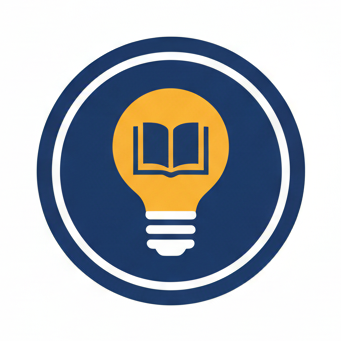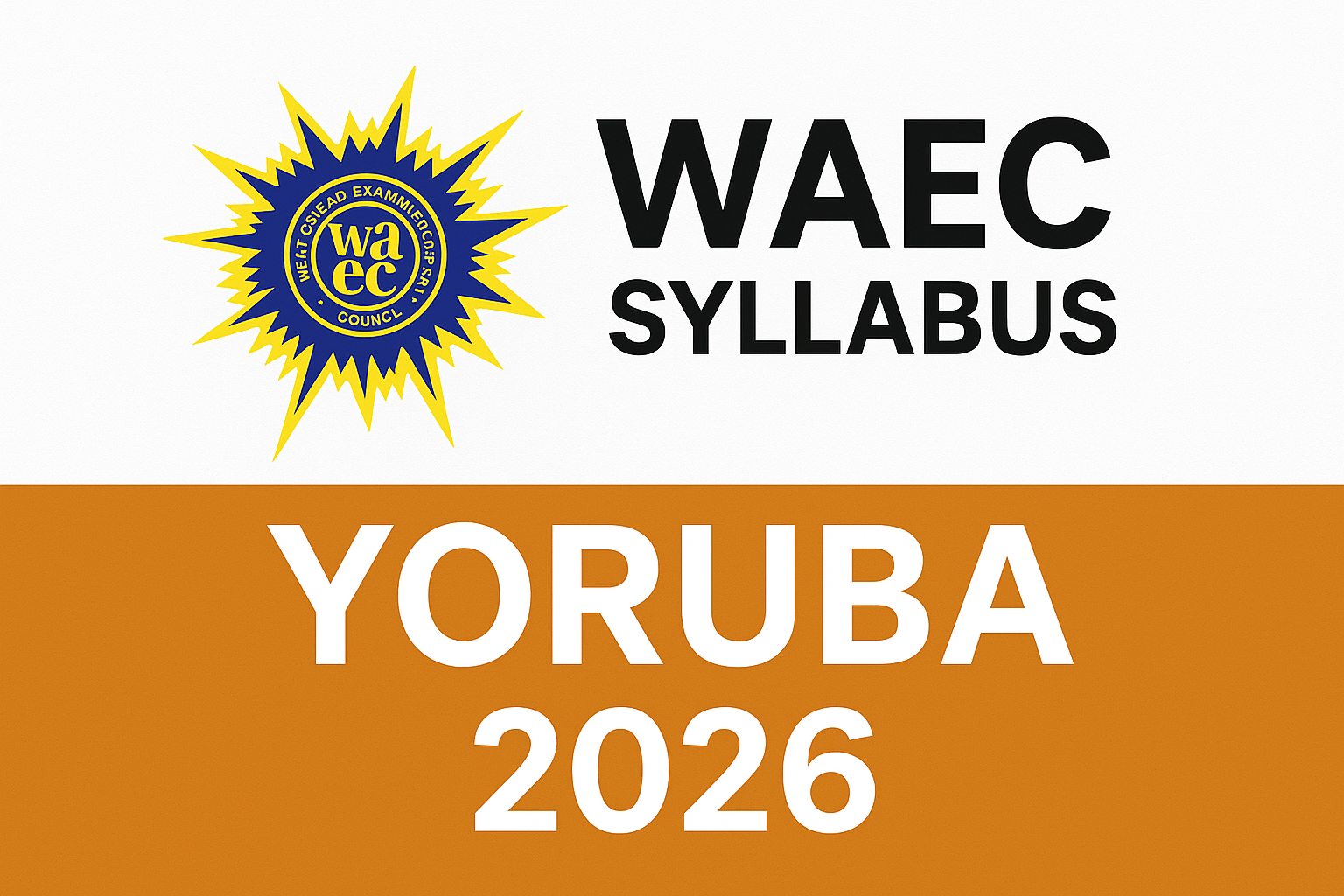If you’re preparing for the WAEC Yoruba exam in 2026, this is the guide you need. Many students struggle not because the subject is difficult, but because they don’t know exactly what WAEC expects. This syllabus helps you understand the areas you must focus on so you can prepare confidently and aim for an A1. The Yoruba exam tests more than just speaking the language, it checks your understanding of Yoruba culture, literature, grammar, writing skills, and how well you can interpret passages. With this guide, you’ll know exactly what to study and how to study it.
What WAEC Wants You to Know in Yoruba
WAEC will test your ability to:
- Understand and use Yoruba correctly
- Read passages and answer questions without confusion
- Write good essays and letters in Yoruba
- Understand Yoruba culture, traditions, and values
- Analyse Yoruba literature (both modern and traditional)
- Identify and interpret Yoruba oral forms like proverbs and folktales
Once you understand these areas, preparing becomes much easier.
Breakdown of the WAEC Yoruba Syllabus 2026
1. Yoruba Grammar and Sentence Structure
This is the foundation. WAEC wants to see that you understand:
- Parts of speech
- How to form correct Yoruba sentences
- Verb tenses and agreements
- Yoruba vocabulary and word formation
- Meaning of idiomatic expressions, proverbs, and oral forms
- Basic phonology and pronunciation
If you speak Yoruba often, this section will feel natural, you just need to learn the rules properly.
2. Comprehension and Summary
You will be given passages to read, then answer questions based on:
- Main ideas
- Meanings of words
- Hidden messages
- Tone and attitude
- Important details
WAEC also expects you to summarise parts of a passage. Practising with past questions helps a lot here.
3. Yoruba Composition (Essay Writing)
This is where you show your ability to express yourself in Yoruba. You may be asked to write:
- Narratives
- Descriptions
- Articles
- Letters
- Arguments
To score high, write clearly, follow instructions, and avoid spelling/tonal errors.
4. Oral Yoruba (Aṣa Ẹnu)
WAEC will test your knowledge of traditional oral expressions such as:
- Proverbs (Owe)
- Riddles (Alo Apamo)
- Folktales (Alo)
- Praise poetry (Oríkì)
- Songs and chants
- Oral history
This section keeps Yoruba culture alive, so take time to learn these expressions and their meanings.
5. Yoruba Literature
The literature section is divided into three parts:
Prose (Ìtàn)
- Novels
- Short stories
- Historical stories
Drama (Erin)
- Plays
- Stage performances
- Dialogue analysis
Poetry (Ewi)
- Written poems
- Oral poetry forms
WAEC usually releases a list of approved texts — read them more than once so you understand the themes, characters, and lessons.
6. Yoruba Culture and Traditions
This part helps you understand Yoruba values and the way of life. Topics include:
- Naming ceremonies
- Marriage customs
- Festivals and celebrations
- Family structure
- Traditional leadership
- Religious beliefs
- Occupations and social roles
- Moral values
Questions from this area usually require clear explanations, so study it well.
Related Posts:


Leave a Reply